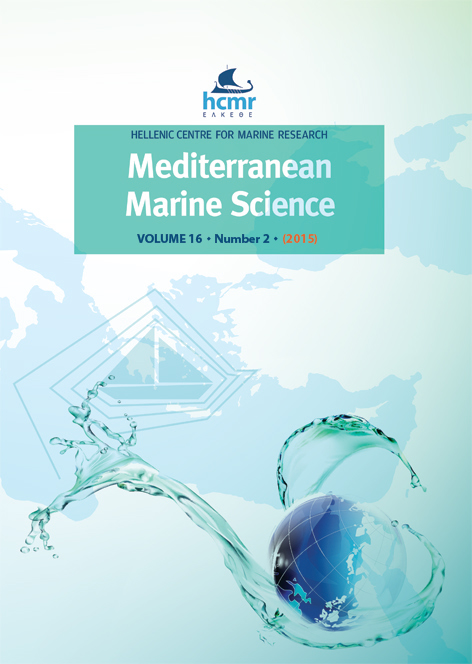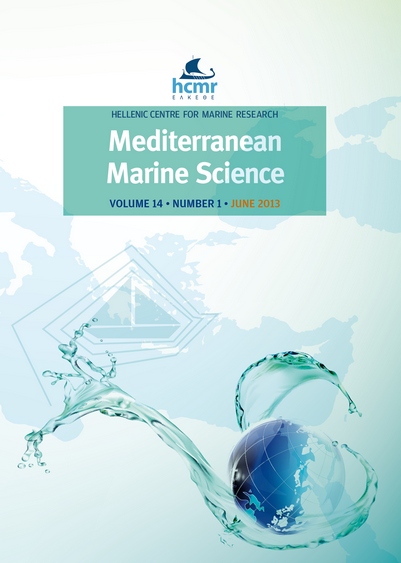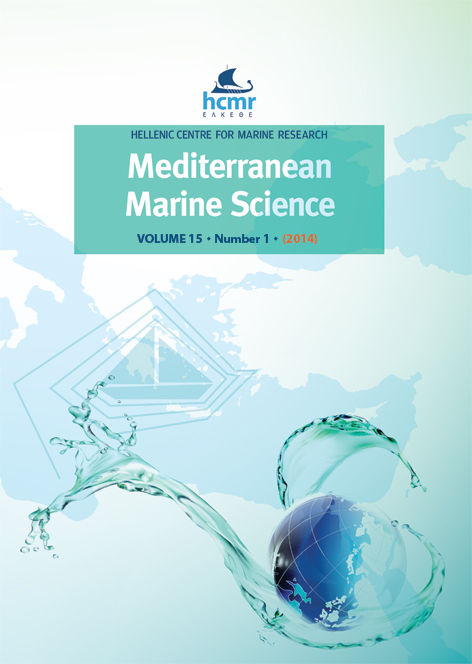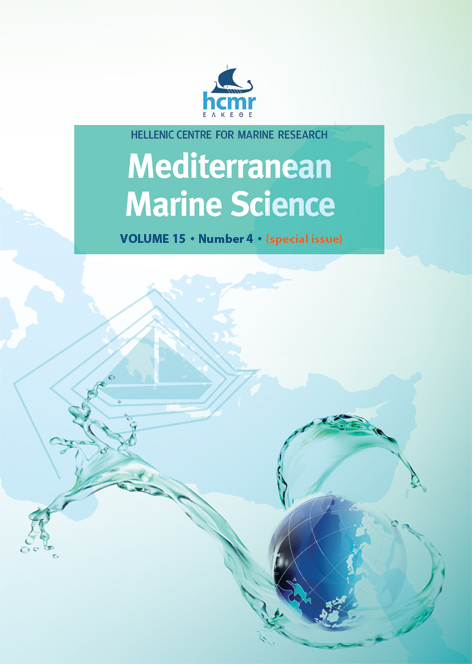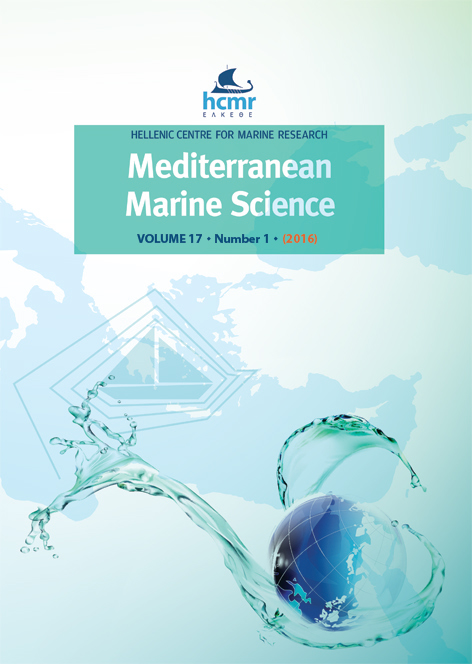Mesozooplankton biomass and abundance in Cyprus coastal waters and comparison with the Aegean Sea (eastern Mediterranean)
Abstract
Here we conduct the first comprehensive assessment of mesozooplankton abundance, biomass, and taxa composition in Cyprus coastal waters (Levantine Sea). Mesozooplankton abundance and biomass sampled at several locations around the island ranged from 153 – 498 individuals m-3 and 0.7 – 5.2 mg dry weight m-3, respectively, with significantly larger biomass observed in winter-early spring (March) than in summer (September). The community was dominated by calanoid and cyclopoid copepods throughout the year (80% of total numbers), with higher abundances of predatory taxa (chaetognaths and medusae) in winter and cladocerans in summer. Overall, we find that coastal mesozooplankton communities around Cyprus appear to be more similar to communities in offshore waters or those around the island of Rhodes than to communities along the mainland Levantine coast. We further highlight regional differences in the eastern Mediterranean by comparing our data with mesozooplankton in the western Aegean (Saronikos Gulf) and northeastern Aegean Sea (NEA). Distinct spatial differences were observed, for example anthropogenic influences in the Saronikos Gulf and the outflow of Modified Black Sea Water in the NEA drove generally greater biomass and abundance in these regions. Overall, our comparison supports the concept of a latitudinal gradient in oligotrophy in the eastern Mediterranean, with ultra-oligotrophic conditions found in the Levantine Sea.
Article Details
- Come citare
-
HANNIDES, C. C., SIOKOU, I., ZERVOUDAKID, S., FRANGOULIS, C., & LANGE, M. A. (2015). Mesozooplankton biomass and abundance in Cyprus coastal waters and comparison with the Aegean Sea (eastern Mediterranean). Mediterranean Marine Science, 16(2), 373–384. https://doi.org/10.12681/mms.1171
- Fascicolo
- V. 16 N. 2 (2015)
- Sezione
- Research Article
Authors who publish with this journal agree to the following terms:
- Authors retain copyright and grant the journal right of first publication with the work simultaneously licensed under a Creative Commons Attribution Non-Commercial License that allows others to share the work with an acknowledgement of the work's authorship and initial publication in this journal.
- Authors are able to enter into separate, additional contractual arrangements for the non-exclusive distribution of the journal's published version of the work (e.g. post it to an institutional repository or publish it in a book), with an acknowledgement of its initial publication in this journal.
- Authors are permitted and encouraged to post their work online (preferably in institutional repositories or on their website) prior to and during the submission process, as it can lead to productive exchanges, as well as earlier and greater citation of published work (See The Effect of Open Access).

